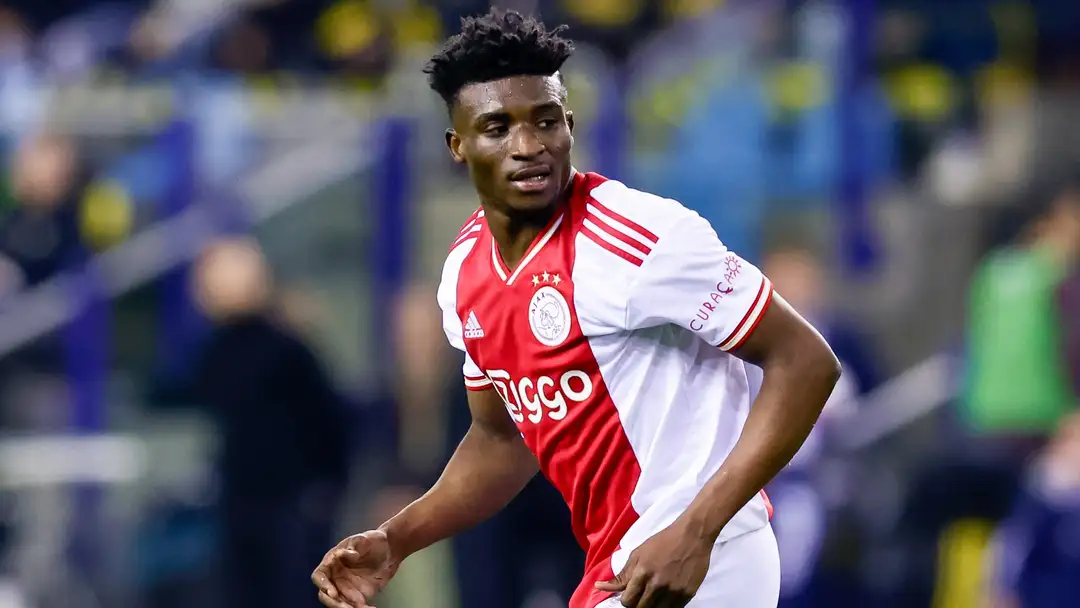The recent dismissal of Chris Hughton, the now-former head coach of Ghana’s Black Stars, following their early exit from the 2023 Africa Cup of Nations (AFCON), may have provided a momentary sense of catharsis for frustrated fans. However, delving into the root causes of Ghana’s footballing decline reveals that the issues extend far beyond the coach’s tenure.
Hughton’s departure became an inevitable consequence of Ghana’s lackluster performance and subsequent elimination in the AFCON group stages.
The coach, taking responsibility for the results, acknowledged the shortcomings after the team’s defeat to Mozambique. But the problems run deeper than a managerial change can address.
Ghana’s footballing prowess has diminished noticeably, a stark departure from the heights the national team once scaled.
The Black Stars, once a dominant force in African football, now find themselves struggling to make an impact.
Despite the expanded AFCON format accommodating 24 teams, Ghana has experienced back-to-back group stage exits, a pattern that raises questions about the team’s true standing on the continental stage.
A Deeper Decline
Ghana’s fall from grace is not an isolated incident confined to the senior team’s performance; it is a symptom of a broader systemic issue.
The national team’s struggles are mirrored across various levels of Ghanaian football. Disappointing showings at the 2022 World Cup, 2022 African Nations Championship, and 2023 U23 AFCON underline a pervasive decline.
The youth teams, traditionally a source of talent for the senior squad, are also grappling with challenges, signaling a troubling period for Ghanaian football.
This decline is particularly alarming given the concurrent rise of several lower-ranked African nations investing in the sport. The impact of Ghana’s regression is doubly significant against this backdrop.
A Coach Carousel and Systemic Challenges
In the last four years, Ghana has witnessed four coaching changes, each prompted by underwhelming performances.
Despite the coaching carousel, the fundamental issues persist. The win rates of the coaches, including Otto Addo and Milovan Rajevac, were below the expected standard, highlighting a broader problem.
The cycle of appointing new coaches without addressing underlying challenges indicates that the issues are deeply rooted.
The structural, cultural, and management aspects of the team demand scrutiny. Questions arise about the role of the Black Stars management committee and the Ghana Football Association (GFA) in creating an environment conducive to success. Timely payments, organizational efficiency, and a supportive structure are crucial elements that need attention.
Charting a Course Forward
As Ghana seeks a way forward, a comprehensive approach is imperative. Apologies to the fans and a thorough inquiry into the technical and management aspects of the team’s recent performances are essential.
The GFA must address the shortcomings transparently, demonstrating a commitment to learning from past errors.
The call for youth prioritization echoes the success of Ghana’s footballing history.
Establishing a robust link between U17, U20, U23, and the senior team can create a pathway for talented players.
Emulating Senegal’s youth development model should be a guiding principle.
Scouting, squad planning, and succession strategies require immediate attention.
Planning for player absences, as seen with Gideon Mensah and Baba Rahman, should be a priority.
A well-thought-out squad-building process can prevent last-minute adjustments and enhance team stability.
The Selection Dilemma
Critical decisions in player selection demand scrutiny. Majeed Ashimeru’s inclusion, despite limited competitive play, and the deployment of a third-choice goalkeeper, Richard Ofori, raise concerns about squad planning. The new coach must prioritize merit-based selections, ensuring players are fit and deserving.
The Way Forward
Ghana’s next coach faces a significant challenge that extends beyond tactical considerations. A leader with a resounding voice, a distinguished reputation, and the autonomy to reshape the team’s culture is crucial.
With a pool of talented young players emerging, a fresh start can be achieved with the right leadership.
In summary, Ghana’s football revival necessitates introspection, transparent governance, and a commitment to rebuilding from the grassroots up.
The forthcoming changes should not be mere superficial alterations but a comprehensive overhaul that addresses the systemic issues undermining the nation’s footballing prowess.












